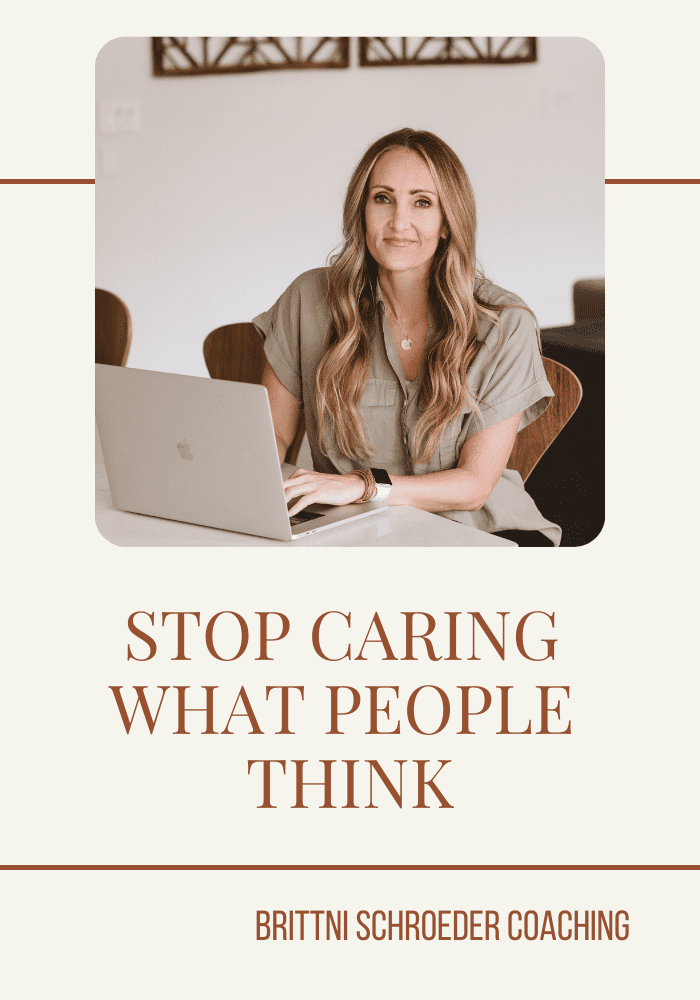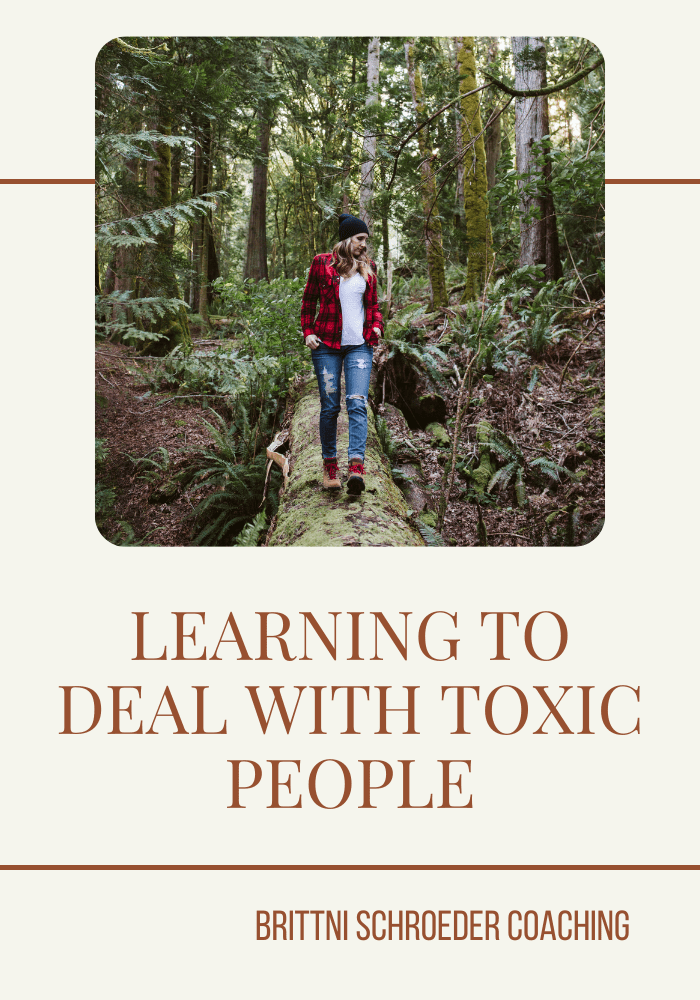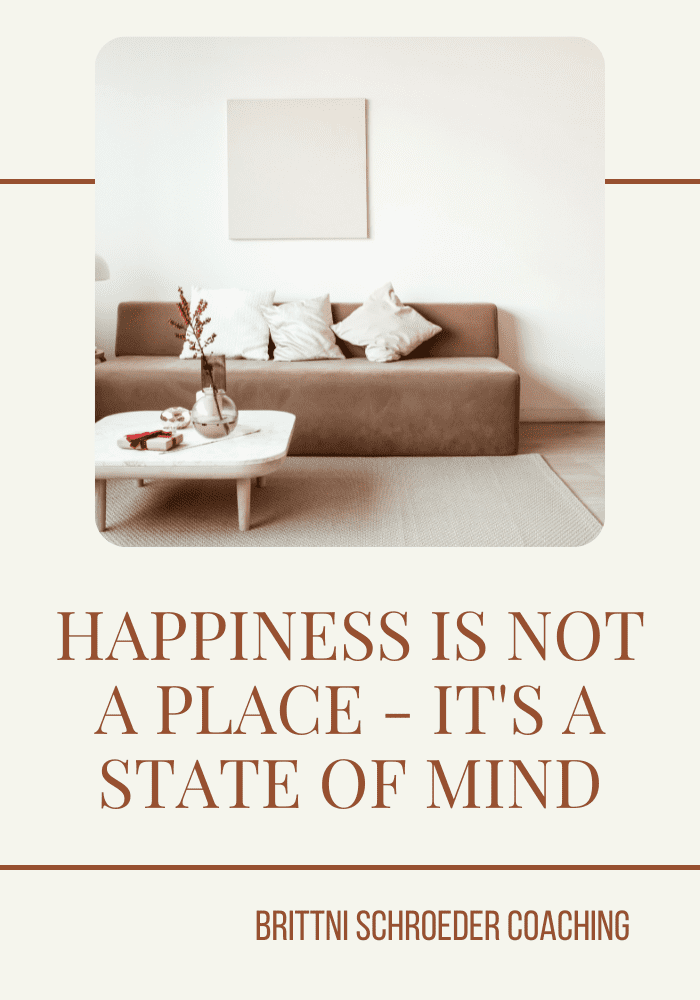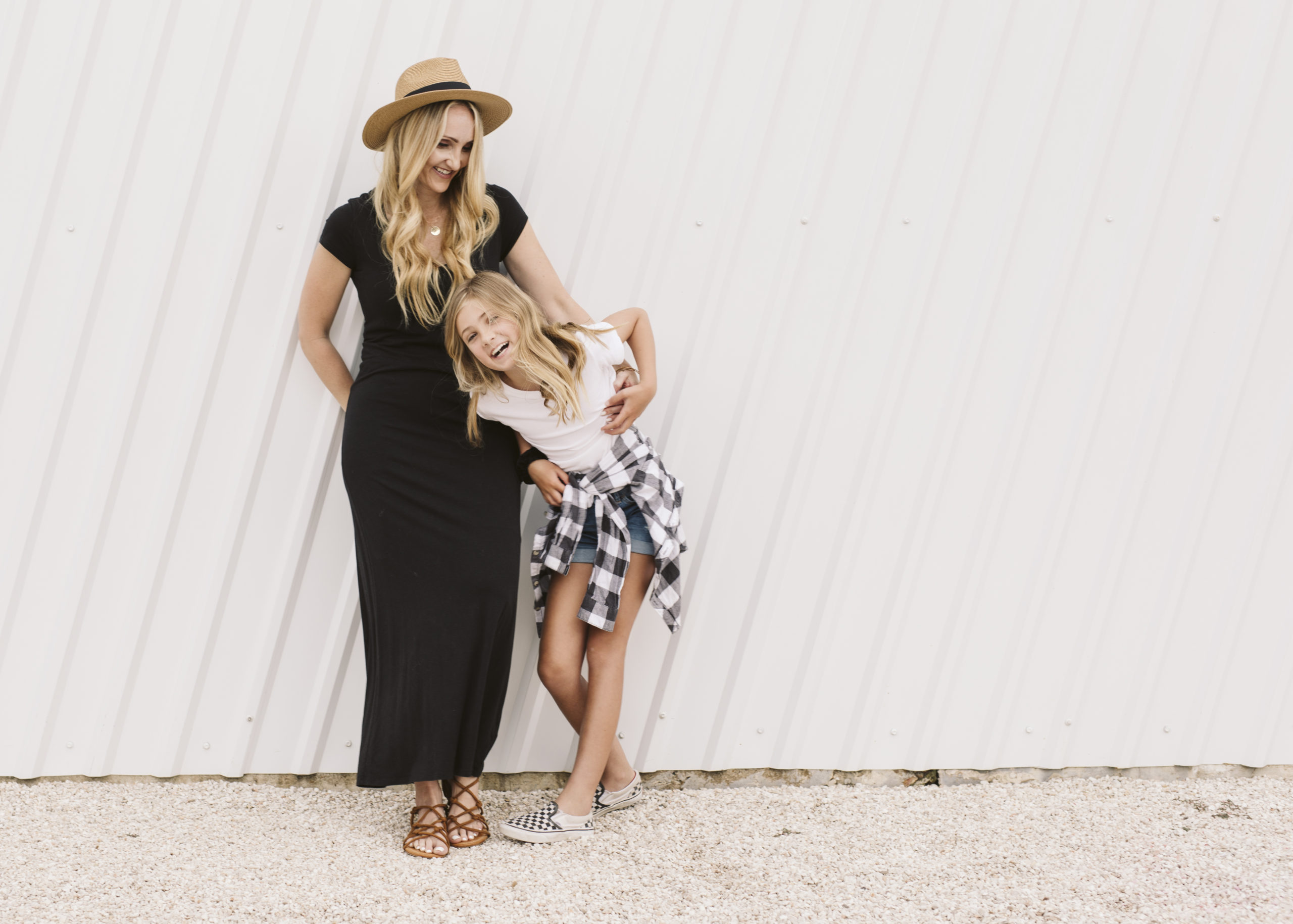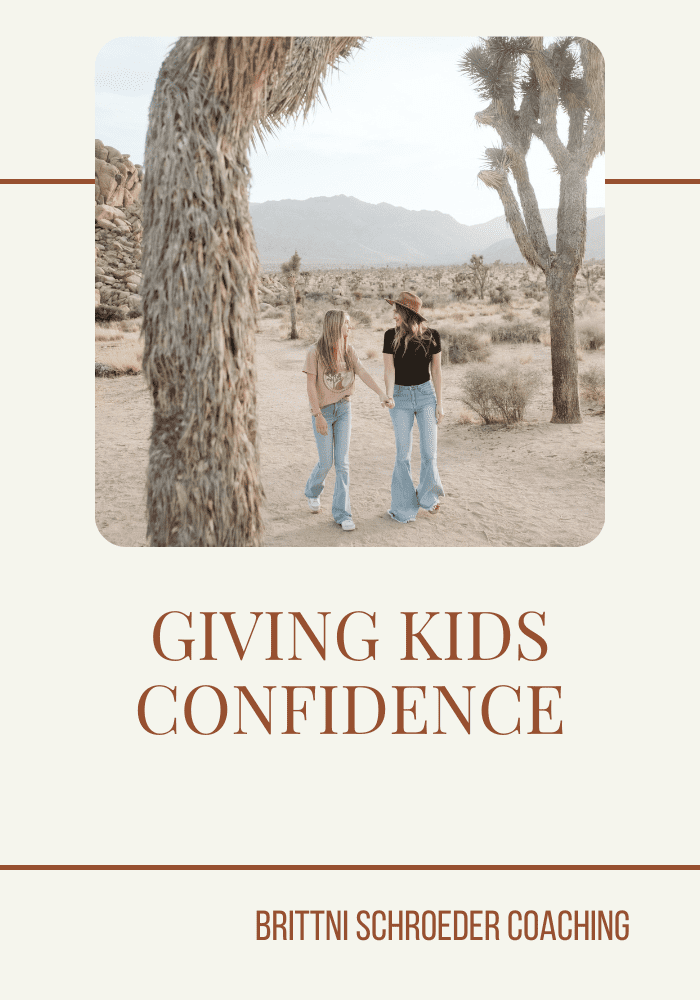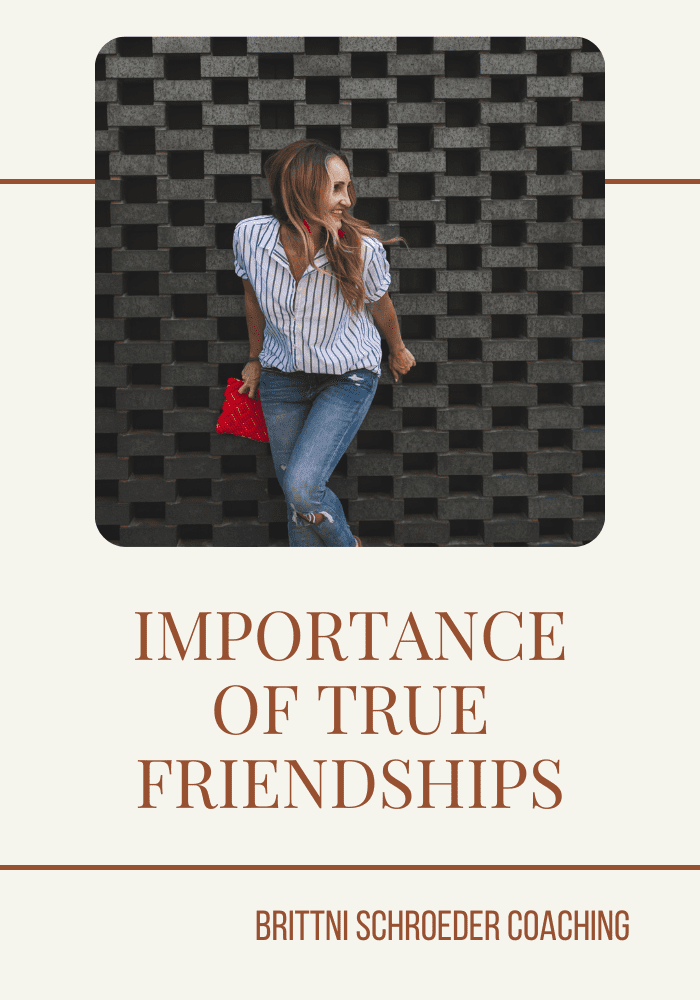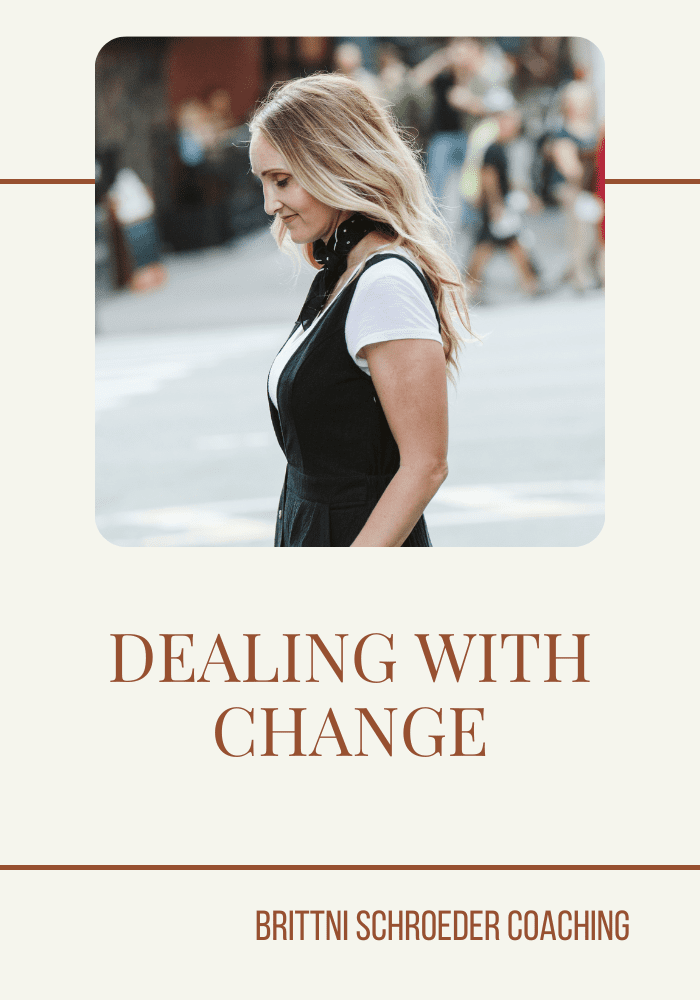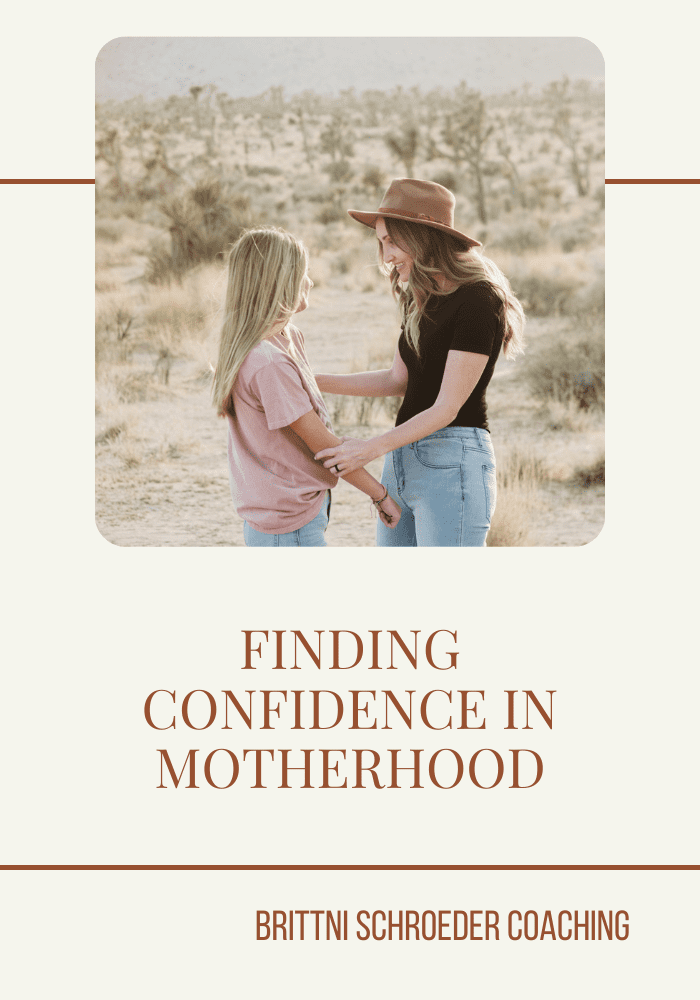brittni schroeder
BLOG
Brittni Schroeder Coaching
HOW TO STOP PROCRASTINATING
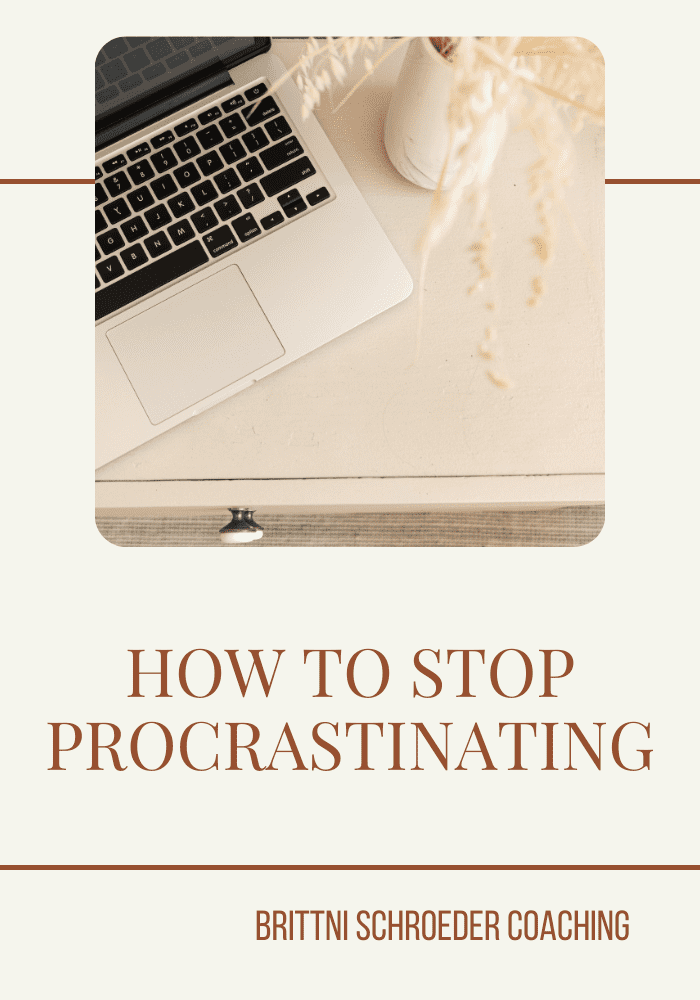
Do you want to go back to school to finish a degree? Are you wanting to start a business or a new career? Do you have things you want to do, but have put them off for years? It’s time to dust off your dreams! You have goals that are waiting for you to check off your list. Understanding why we procrastinate will help us finish what we are afraid to start.
If you are like me, you have a To-Do List a mile long. As the CEO of Household, you wear a million hats. Unfortunately, not only are you the CEO, you are also the housekeeper, the chef, the taxi, the accountant, etc. So even if you could delegate, there is no one to delegate to.
Each day we wake up ready to tackle our list. Have you ever noticed the biggest items—the ones we value most or the things that take the most time—we leave to the last possible minute skip entirely? You might be a self-proclaimed master procrastinator, or you might have convinced yourself that you do better under pressure. Either thought does not alleviate the fact that this behavior is often accompanied with anxiety and stress. The end result is a feeling of depletion or disappointment.
Why do we do this? Why do we procrastinate? We avoid things because we might feel afraid: I am not going to be good enough or smart enough, I am afraid what others will think, or maybe it might be too hard or make me feel uncomfortable. These thoughts don’t serve us. They contribute to putting off the things in our life that might bring us the most joy and satisfaction.
So how do we change this habitual pattern? Most of us are not used to noticing what we think. We first need to recognize our thoughts and realize how they are holding us back. The things we think cause us to feel insecurity or fear, which leads to procrastination or inaction. Second, we need to come up with some new thoughts that will help us progress. If you have the thought, “I don’t know how to do this,” you can change that thought to “I need to learn how to do this.” If your thought is, “I don’t have enough time,” you can change that to, “I will make time because it is important to me.” Finally, as you start to recognize and manage your thoughts, you will start to take more action.
This change will not happen overnight. It takes practice and work, but if you put in the effort you will find that procrastination is never the solution. Once you realize that procrastination is just a thought you will have the knowledge and the ability to make changes. You will learn to become the best you as you make the major dreams and goals in your life a priority instead of something that you avoid on your To-Do List.



